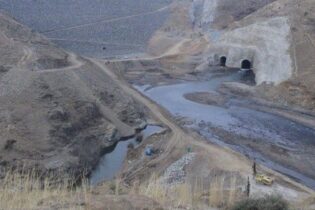12th September 2012.
FESARTA’s working link with SADC was normally through the Infrastructure and Services Directorate and a good relationship was established. This Forum on Transport Liberalization was organized by the SADC Trade in Services Directorate, and was done to ensure the programmes of I&S in the transport liberalization field, were in sync with those of TiS. The USAID Southern African Trade Hub and GIS were the funders of the event and funded FESARTA’s travel and accommodation. There was a Transport, Communications and Meteorology Protocol (TCM), a Trade Protocol (T) and a new Trade in Services Protocol (TiS). Whilst the TCM and TiS Protocols were different, their recommendations for liberalization were not in conflict with each other. There was discussion on the confusion in coverage of the three Protocols. FESARTA recommended that the Protocols focused on the following coverage:- TCM transport operations (vehicles, insurances, safety) and transport infrastructure
- T goods (import-export, duties, insurances, VAT etc)
- TiS doing business in other countries
Third country rule could be described as restricting the movement of goods between two countries, to the vehicles registered in those two countries. Or, preventing a vehicle registered in country A from picking them up in country B and offloading them in country C.
Some observations from the WTO consultant:- In the majority of OECD (Organization for Economic Co-operation and Development) countries, the governments generally did not regulate the road transport industry. Companies needed to be registered with their governments and that was all. The conclusion drawn, from many publications, was that prices subsequently went down and quality went up.
- Passenger transport should not be liberalized.
- The movement of goods was categorized into four modes:
- Doing cross-border transport
- Using the services of a foreign country (consumption), eg repairing vehicles
- Setting up a business abroad (establishment)
- Drivers from one country working in another country
- Internationally, market forces determined that road was preferable
- The global trend of “just-in-time” called for road
- Road provided a “door-to-door” service
- Some government decision-makers had interests in road transport companies and so put country resources into road
- Road transport may not have been paying its fair share of road maintenance and upgrading
- There was serious congestion on some roads






